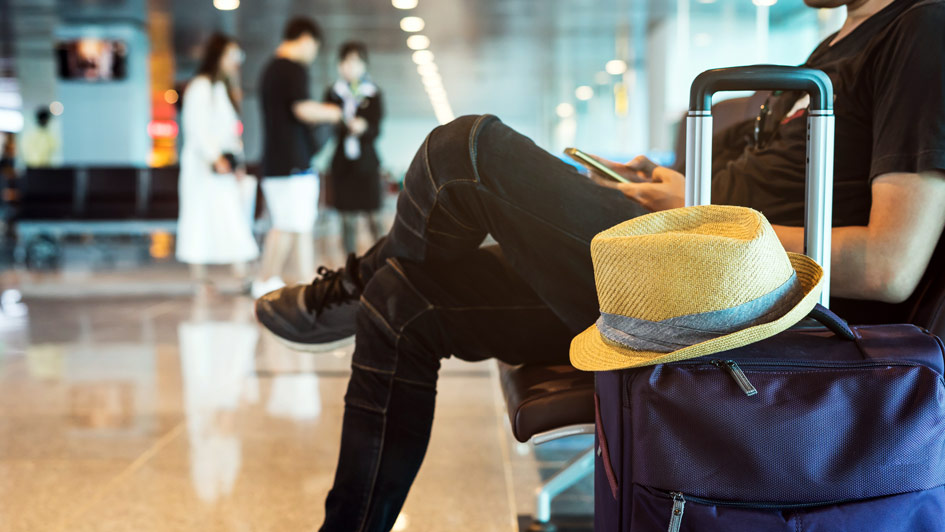
Whether it’s a much-needed vacation or an extended trip for work, leaving home means making plans for your HVAC system. You won’t be using it as long as you’re away, so you can make adjustments as needed to conserve your energy use. At the same time, you shouldn't just leave it off for the entire time you're out of the house.
Instead, it’s best to leave your HVAC system running and just raise or lower depending on the time of year. That way you can reduce energy costs without having to worry about coming back to an uncomfortable home. We’ll walk you through why you should leave your HVAC system on as well as the most energy-efficient thermostat settings for summer and winter.
Here’s Why You Shouldn’t Leave Your Thermostat on Hold
While you could be tempted to shut your HVAC system down before a trip, this can end up leading to costly problems by the time you get back. This is notably true if the weather will be severely hot or cold while you’re out of town.
For example, turning the HVAC system off in the summer could lead to very high humidity. Not only will your home feel like a swamp when you have returned, but it might have also invited mold/mildew growth or pest infestations.
And in the winter, leaving the furnace off will sometimes lead to pipes freezing up or even bursting. It’s exhausting to return home from a long trip only to discover extensive water damage nearby a broken pipe.
Energy-Efficient Thermostat Settings While at Work
You can make temperature adjustments even as you come and go to work. Considering you’re not home for about 8 hours or longer, it doesn’t help your monthly energy bill to keep an empty home at the same temperature you’d usually have. In general, it’s recommended to turn up the thermostat by 5 degrees or so. That means that if you prefer a comfortable 72 degrees, try adjusting it to 76-77 while you’re out.
But you could save even more if you’re willing to further adjust the temperature. As reported by the Department of Energy, you may save about 10% on your HVAC costs by raising the temperature by about 7-10 degrees.
Ideal Thermostat Settings While on a Trip in Summer
If you’re leaving for a longer trip in the middle of summer, you can make larger adjustments. This ensures you don’t waste energy while still defending your home from the problems that come with leaving it uncooled. Around 5 degrees is appropriate for brief trips while closer to 10 degrees is worthwhile if you’ll be gone for 2 weeks or more. If you enjoy keeping the house at 72 in the summer, 78-82 will offer great results.
Recommended Thermostat Settings While On a Trip in Winter
To determine the best thermostat setting for a winter vacation, simply lower it by the same amount you would adjust it in summer. 68 is a common winter thermostat setting, so adjusting to 63-58 will keep your plumbing safe while limiting how often your furnace operates.
A Smart Thermostat Can Help: Advantages of a Smart Thermostat
An ideal strategy to optimize your home’s HVAC system while out of the house is using a smart thermostat. This advanced type of programmable thermostat employs intelligent software to monitor your preferred comfort habits. It applies these preferences and makes automatic changes to the schedule for higher energy efficiency. And with Wi-Fi connectivity, you can remotely access your heating and cooling using a smart device like a phone or tablet.
Smart thermostats are stuffed with features to help you save on your energy bill. To provide an example, some models can observe electricity prices to boost heating or cooling when prices are lowest. They are compatible with high-efficiency, variable-speed equipment to refine how long your HVAC system has to run. It’s the optimal tool to streamline how you control your comfort system. If you’re considering investing in a smart thermostat, there are different ways you can reduce your costs, effectively getting a smart thermostat for free. The next time you leave for vacation, you can appreciate true peace of mind that your HVAC system won’t cause any trouble while you’re away.


